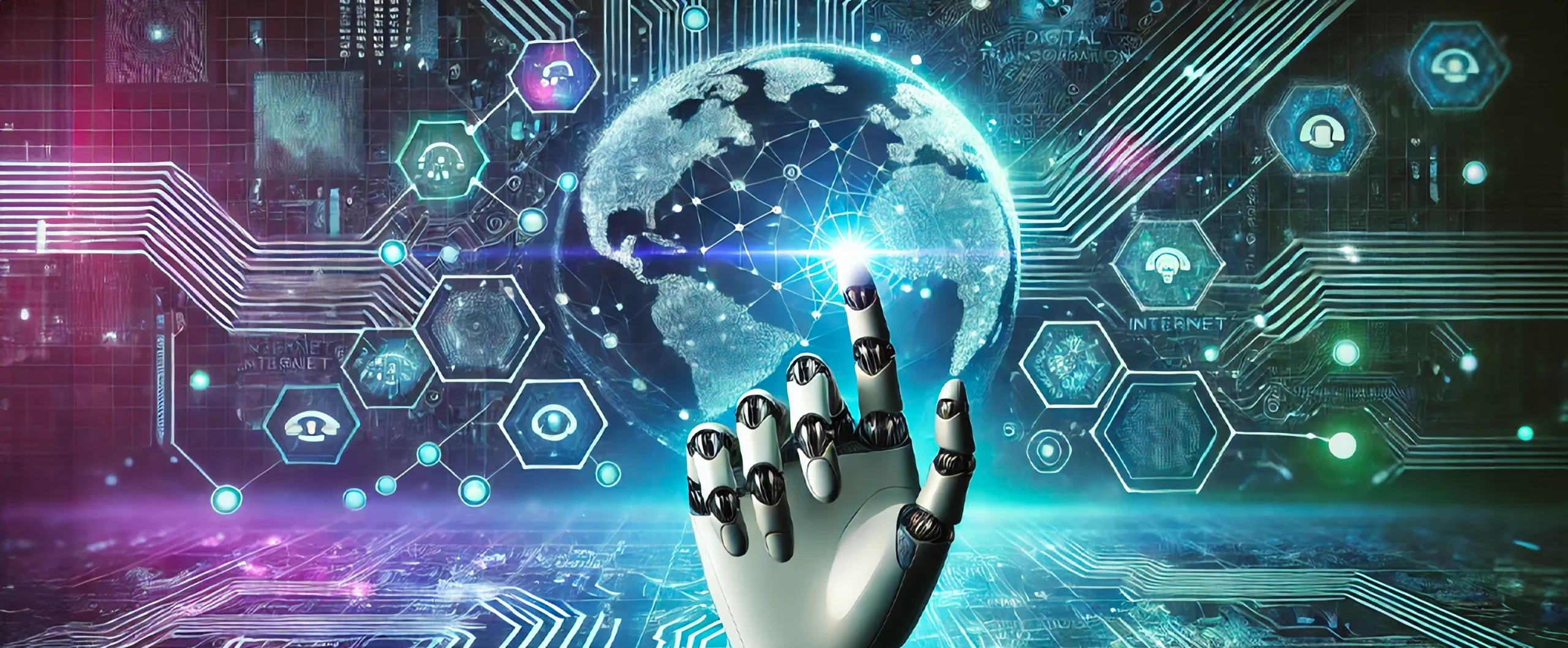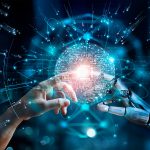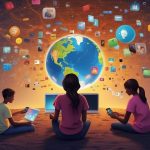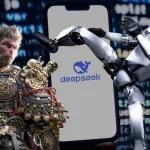Introduction
The 21st century has ushered in an era where technology, politics, and celebrity culture converge to shape the modern world. From social media-driven movements to AI-powered decision-making, innovation now defines every aspect of public life. This digital transformation has blurred boundaries between influence and governance, giving rise to a new kind of global leadership built on connectivity and visibility.
In this dynamic environment, celebrities act as cultural diplomats, politicians adapt to algorithmic audiences, and technology evolves as the ultimate instrument of control and creativity. Together, they form the pillars of a new social order—one that is as empowering as it is unpredictable.
The Political Dimensions of Technological Power
Technology has redefined political engagement, shifting the balance of power from institutions to individuals. Governments now rely on digital infrastructure to manage economies, defend borders, and communicate policies. From AI surveillance to cyber diplomacy, technological supremacy determines geopolitical influence.
However, this dependence also exposes vulnerabilities. Cyberattacks, data leaks, and misinformation campaigns have become tools of modern warfare. As politics and technology intertwine, transparency and ethics become critical to maintaining trust in leadership.
Celebrities as Digital Ambassadors of Change
Celebrities are no longer confined to entertainment—they are global voices in technological and political dialogues. Many use their platforms to advocate for sustainable energy, privacy rights, and social equality. Figures like Elon Musk, Rihanna, and Emma Watson illustrate how fame can merge with activism to influence both policy and innovation.
Their reach amplifies causes faster than traditional media ever could. Yet, it also sparks debate over credibility and responsibility, as audiences navigate the fine line between advocacy and self-promotion. In this balance lies the power and peril of celebrity activism in the digital age.
AI and the Global Economy
Artificial intelligence stands at the center of the world’s economic transformation. It drives automation, predicts market behavior, and redefines labor in both developed and developing nations. Nations investing heavily in AI research are setting the pace for future economic dominance.
Yet, as automation grows, questions about job displacement and data control rise. Economies must adapt to ensure that technological advancement benefits all, not just a privileged few. The future economy depends on inclusivity, innovation, and ethical oversight.
The Cultural Impact of Technological Connectivity
The digital revolution has created a shared global culture fueled by instant communication and viral content. Music, film, and politics now transcend borders, influencing how people think and express themselves.
However, this global connection also erases traditional boundaries, creating cultural homogenization. As algorithms prioritize trends over diversity, societies risk losing local identities. Preserving cultural richness while embracing digital integration is one of the defining challenges of our time.
Technology as a Tool for Global Cooperation
Amid growing polarization, technology also offers hope. AI-driven analytics help predict natural disasters, digital diplomacy fosters cross-border collaboration, and online education connects minds across continents.
The world’s greatest problems—climate change, inequality, and misinformation—require unified digital solutions. When nations and innovators cooperate, technology becomes a bridge rather than a barrier, uniting humanity under shared progress.
The Ethics of the Digital Renaissance
As technology and influence expand, moral responsibility becomes crucial. Every innovation carries consequences, from privacy erosion to information manipulation. Governments, companies, and citizens must work collectively to define digital ethics that protect freedom without stifling innovation.
Ethical AI development, transparent governance, and responsible digital communication will determine whether this era becomes humanity’s greatest achievement or its most powerful downfall.
FAQs
How does technology influence politics today?
Technology shapes public communication, policy-making, and security strategies, making it central to modern governance.
What role do celebrities play in technological innovation?
They raise awareness, fund innovation, and promote ethical practices in sustainability and digital progress.
Is AI changing the structure of the global economy?
Yes, AI drives automation, reshapes industries, and influences global competitiveness across multiple sectors.
How has connectivity affected culture?
It has unified global audiences but also risks cultural uniformity by prioritizing trends over diversity.
What ensures ethical technology use worldwide?
Transparent policies, international cooperation, and accountability from both governments and corporations.
Conclusion
Technology, politics, and celebrity influence have combined to create a powerful new era of global transformation. This interconnected system shapes economies, cultures, and ideologies at a pace humanity has never witnessed before.
The key to thriving in this digital age lies in balance—using technology to unite rather than divide, empowering voices responsibly, and ensuring that progress serves people, not power. In doing so, the world can turn its innovation into a true force for collective good.






